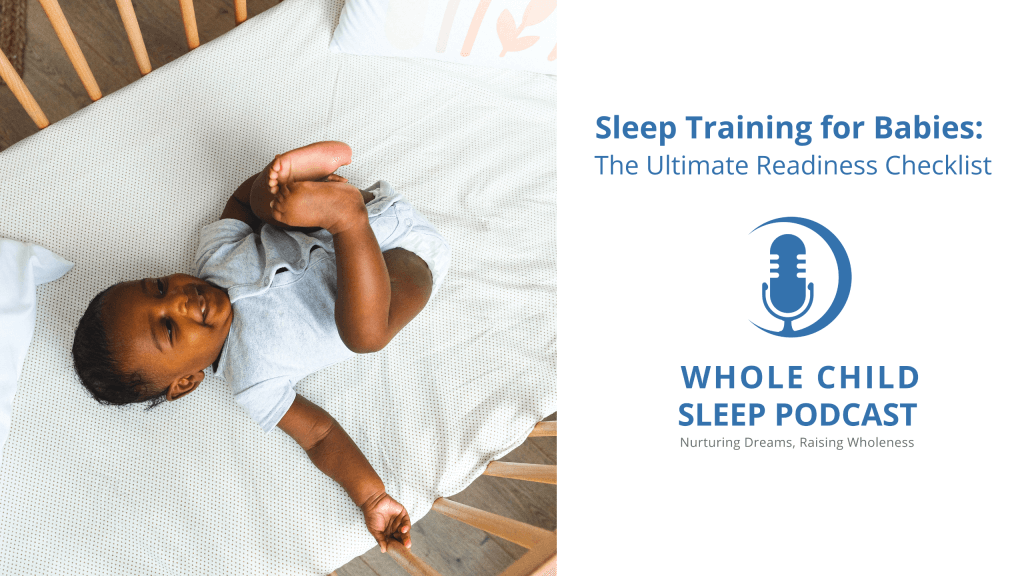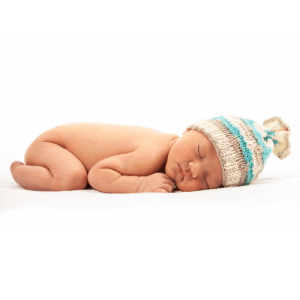
Welcome to the journey of sleep training, your precious little one! Ensuring adequate sleep for your baby is not just about sweet dreams; it’s about laying a foundation for healthy growth and development. Establishing healthy sleep patterns early on can significantly benefit both you and your child, providing the rest necessary for their rapidly developing bodies and minds. Below is a comprehensive checklist that assesses whether your child is primed for sleep training, addressing everything from developmental milestones to digestive health.

Researchers have identified that babies are generally more receptive to sleep training around the 4 to 6-month mark when they naturally begin to develop regular sleep patterns (Mindell et al., 2006). This period is also when infants typically start to have the ability to self-soothe, a crucial component for sleep training (Sadeh, 2004).
Checklist Item:
Proper digestive function is a cornerstone of good health and can influence sleep quality. Issues like chronic gassiness, reflux, and allergies can lead to disrupted sleep (Di Lorenzo et al., 2009). Addressing potential food sensitivities or digestive concerns can lead to better sleep outcomes.
Checklist Items:
Healthy breathing patterns are imperative for restorative sleep. Mouth breathing, rather than nasal, can signal underlying health issues, lead to improper jaw development, and affect sleep quality (Bonuck et al., 2012).
Checklist Item:
Consistent bedtime routines support the natural circadian rhythm and can enhance sleep quality (Mindell et al., 2015). A calm, predictable sleep environment and routine pave the way for sleep training success.
Checklist Item:
Conclusion: This checklist provides a multifaceted approach to sleep training readiness, emphasizing that a combination of developmental milestones, physical health, and environmental factors work together to facilitate better sleep for babies. As you begin sleep training, remember to respond to your baby’s unique needs with patience and consistency, and consult healthcare professionals if you encounter persistent issues within this checklist. Patience and persistence are your best allies in this journey toward restful nights.
Feel free to watch the overview of this blog in podcast form on YouTube or listen to it on Spotify!

Sleep

Sleep
